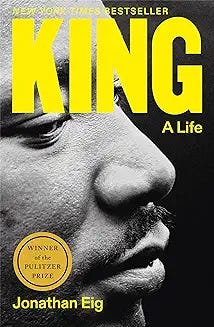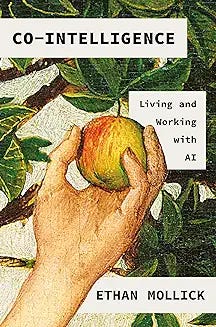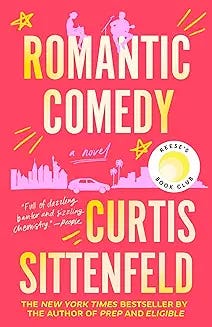Greetings on a summer morning in the morning of summer. It occurred to me today that I’ve actually been on a pretty good streak of satisfying reading, so I thought I’d jot down a few suggestions. You may not want to read these books, but you may want to know they’re out there. So here goes.
King, by Jonathan Eig. it’s been almost forty years since David Garrow and Taylor Branch won Pulitzer Prizes for their biographies of Martin Luther King, Jr. (Branch’s work is a three-volume history that unfolded over the next eighteen years—it’s downright Robert Caro-esque in its scope.) I didn’t think any King bios could be as good as those are, but I realize in retrospect that I underestimated this one—also a Pulitzer winner—which at about 500 pages has the advantage of relative brevity (!). Eig is particularly good on King’s early years, and conducted over 200 interviews, many with people who knew King personally. As such it will be an important primary source of sorts for a long time to come. He captures the Civil Rights leader in all his flawed grandeur, and reminds us why, for all the resentment he generated from multiple directions, King nevertheless remains the indispensable figure of the Civil Rights movement.
The Demon of Unrest by Erik Larson. Larson is an established brand as a storyteller, and this book quickly leaped to the top slot on the New York Times bestseller list. He goes back a little further than his usual locus in the early twentieth century—his last excellent book, The Splendid and the Vile—focused on Winston Churchill’s England during the Battle of Britain—to the dawn of the Civil War, specifically the chain of events between the election of Abraham Lincoln in November of 1860 and the fall of Fort Sumter off the coast of Charleton in April of 1861. What really sticks with me in the time since I finished it is how scrupulous, even polite, both sides tried to be as they lurched toward armed conflict, the aftermath of which was extraordinarily bloody. I don’t consider this Larson’s best work (maybe because I know the story fairly well), but it’s still a rock-solid narrative.
Co-Intelligence: Working with AI, by Ethan Mollick. Remember all that flurry of activity and commentary surrounding the rollout of Chat-GPT3 last November? The consensus was that a revolution was coming, but that Large Language Models (LLMs) were not ready for prime time, especially because they had a habit of “hallucinating” false information (like Jim Cullen as a professor of American Studies at Bard College). But Mollick, who teaches at UPenn’s Wharton School of Business, makes clear that the future is now and has been so for some time. This short, exceptionally readable book—some of which is generated by AI and identified as such—calmly explains both the promise and peril of the new technology and how to think about it. Since finishing the book I’ve been actively rethinking my classes and how to assess my students. My hope is that I will be happily retired by the time my job becomes entirely obsolete.
Desert Star, by Michael Connelly. Connelly has emerged as the reigning king of the police procedural with a string of consistently excellent novels set in contemporary Los Angeles. Since starting out in 1992 with The Black Echo, starring his cantankerous detective Harry Bosch, he has spread out with a series of protagonists like his half-brother defense attorney Mickey Haller and young female detective Renee Ballard, whose stories now crisscross through his novels. This one, just out in a cheap paperback edition, focuses primarily on Bosch and Ballard, who pursue two separate cases; Ballard has officially retired and is now serving on a voluntary basis on a unit for unsolved murders. He’s grappling with his mortality, and it’s clear that he will soon be retired from the saga (there’s a great narrative twist on this point that only becomes clear at the end). But at this point, Connelley’s work has become a franchise, as witnessed by the recent Bosch and Lincoln Lawyer (Haller) streaming series on Amazon. Connelly has not lost a step.
Romantic Comedy, by Curtis Sittenfeld. This shrewd, meta-textual novel by another seasoned pro, also just out in paperback, tells a fizzy love story set against a backdrop that strongly resembles Saturday Night Live and opens a satisfying window into the rituals of comedy-manufacturing. The narrator here is indignant that a schlubby male colleague has managed to win the love of an actress she regards as totally out of his league, only to find herself drawn into a comparable situation that includes an epistolary stretch in the form of emails. Like so much of Sittenfeld's work, this is feminism with a light, deft edge.
Happy Reading to one and all in a season of light.







